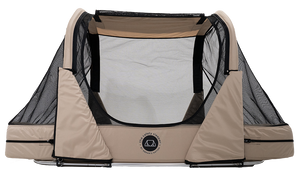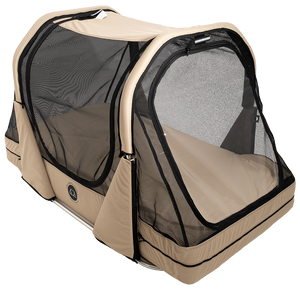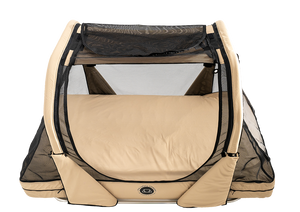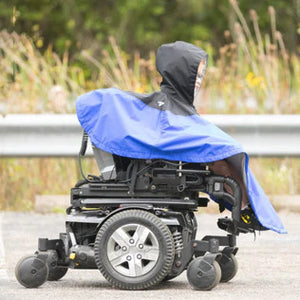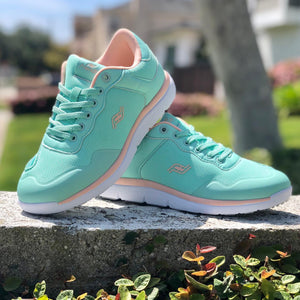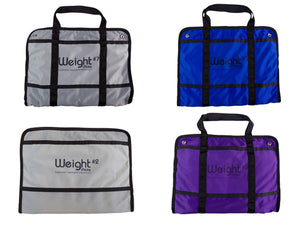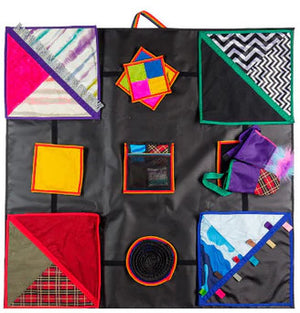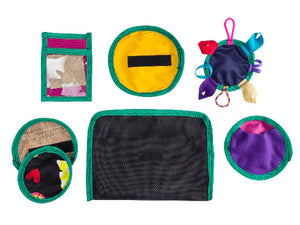SMITH-MAGENIS SYNDROME
sms & The Safety Sleeper®
The Safety Sleeper® is uniquely designed to combat sleep disturbances and self-harming behavioral patterns associated with Smith-Magenis Syndrome (SMS). Many of the users of our beds are diagnosed with SMS and similar conditions. Learn more about SMS and related resources for you and your family below.

What is Smith-Magenis Syndrome (SMS)?
Common Features of Smith-Magenis Syndrome (SMS)
- Developmental delay/intellectual disability
- Poor gross motor and fine motor skills
- Failure to thrive or difficulty gaining weight (<3 years)
- Characteristic facial appearance (broad forehead, down-turned “tent”-shaped upper lip vermilion, short upturned nose)
- Scoliosis (abnormal curvature of the spine)
- Middle ear abnormalities, chronic ear infections
- Hoarse, deep, sometimes nasal voice
- Constipation
- Self-injurious behaviors
- Arm hugging/hand squeezing
- Excellent long-term memory for names, places, events
- Eagerness to please and sensitivity towards others
- Hypotonia (low muscle tone)
- Feeding problems in infancy (poor suck/swallow)
- Speech delay
- Short fingers and toes
- Distinct, broad-based gait (style of walking)
- Vision problems (strabismus; nearsightedness)
- Hearing impairment
- Decreased sensitivity to pain; hypersensitivity
- Sleep disturbance (frequent nighttime awakenings; daytime sleepiness)
- Prolonged tantrums, explosive outbursts, impulsivity
- Endearing and engaging personalities
- Great sense of humor
How The Safety Sleeper® Can Help Your Child With SMS
The Safety Sleeper® fully shelters and protects your loved one through the night. Our cushioned and padded enclosure neutralizes and calms during prolonged tantrums, explosive outbursts, and impulsivity associated with Smith-Magenis Syndrome. Ensure your child is safe despite sleep disturbances from frequent nighttime awakenings and daytime sleepiness.
Dense foam padding protects from self-injurious behaviors while the closed-in design offers a place of refuge and relaxation during outbursts. Learn more about how The Safety Sleeper® is already changing the lives of Smith-Magenis families around the world in the video above.
Register your loved one with SMS
Your participation in PRISMS SMS Patient Registry will help us achieve a more accurate understanding of the incidence rate.
View the patient registry here. PRISMS stands for Parents and Researchers Interested in Smith-Magenis Syndrome.
Learn more about PRISMS here.
Resources, Publications & Information Sources
How to Find a Specialist
If you need medical advice, you can look for doctors or other healthcare professionals who have experience with this disease. You may find these specialists through advocacy organizations, clinical trials, or articles published in medical journals. You may also want to contact a university or tertiary medical center in your area, because these centers tend to see more complex cases and have the latest technology and treatments.
If you can’t find a specialist in your local area, try contacting national or international specialists. They may be able to refer you to someone they know through conferences or research efforts. Some specialists may be willing to consult with you or your local doctors over the phone or by email if you can't travel to them for care.
You can find more tips in our guide, How to Find a Disease Specialist. We also encourage you to explore the rest of this page to find resources that can help you find specialists.
To find a medical professional who specializes in genetics, you can ask your doctor for a referral or you can search for one yourself. Online directories are provided by the American College of Medical Genetics and the National Society of Genetic Counselors. If you need additional help, contact a GARD Information Specialist. You can also learn more about genetic consultations from MedlinePlus Genetics.
FULLY-ENCLOSED BEDS FOR SMITH-MAGENIS SYNDROME
Alleviate issues related to sleep disturbances and self-harming behavioral patterns.







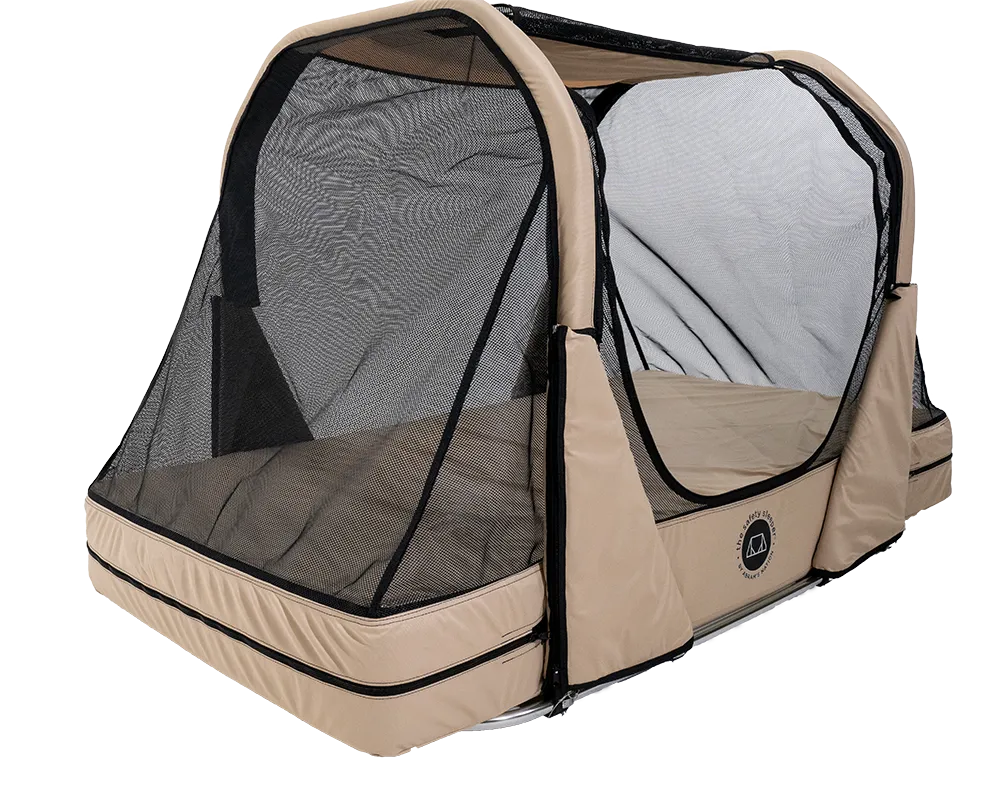
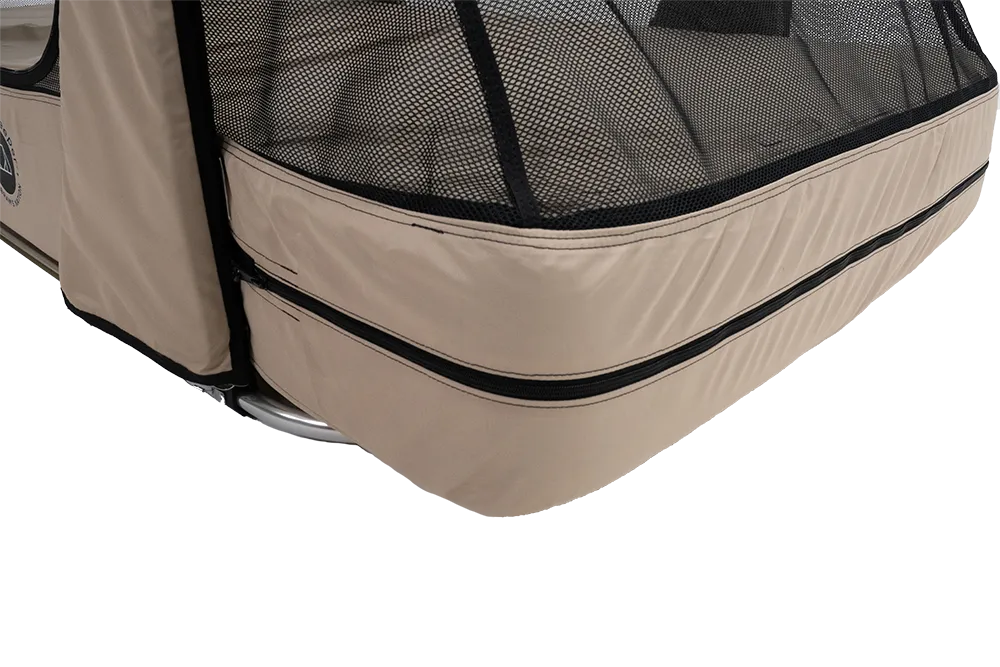
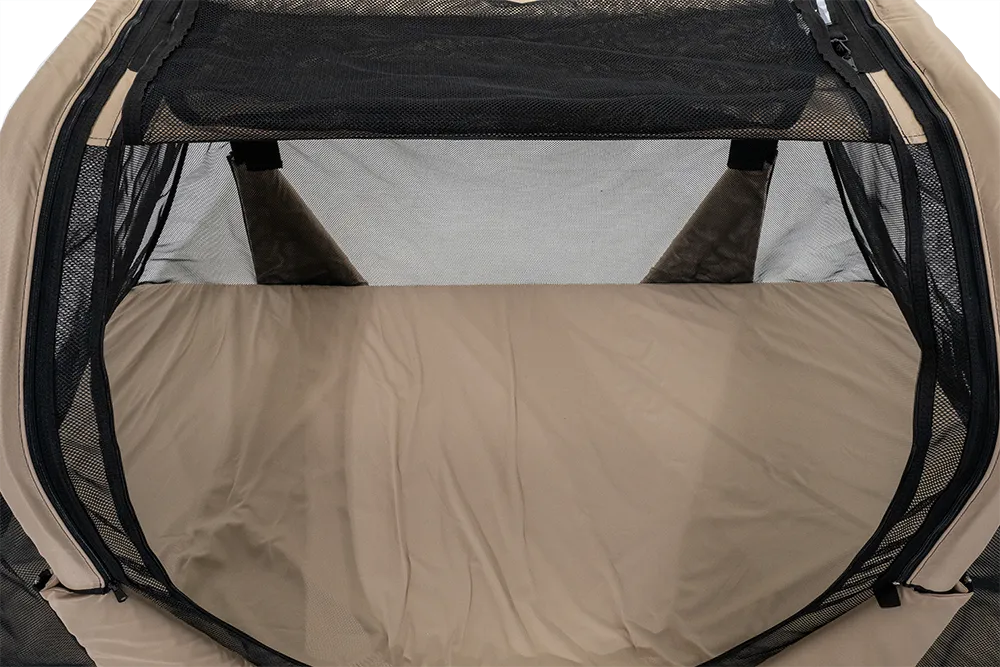

The Safety Sleeper® 200 Model - Special Needs Bed
One side entry for independent individuals who need extra protection and don't use medical tubing or wires.
CUSTOMIZE










The Safety Sleeper® 300 Model - Canopy Bed
One left side entry, end of bed entry, and access points for medical tubing. Designed for individuals with medical equipment.







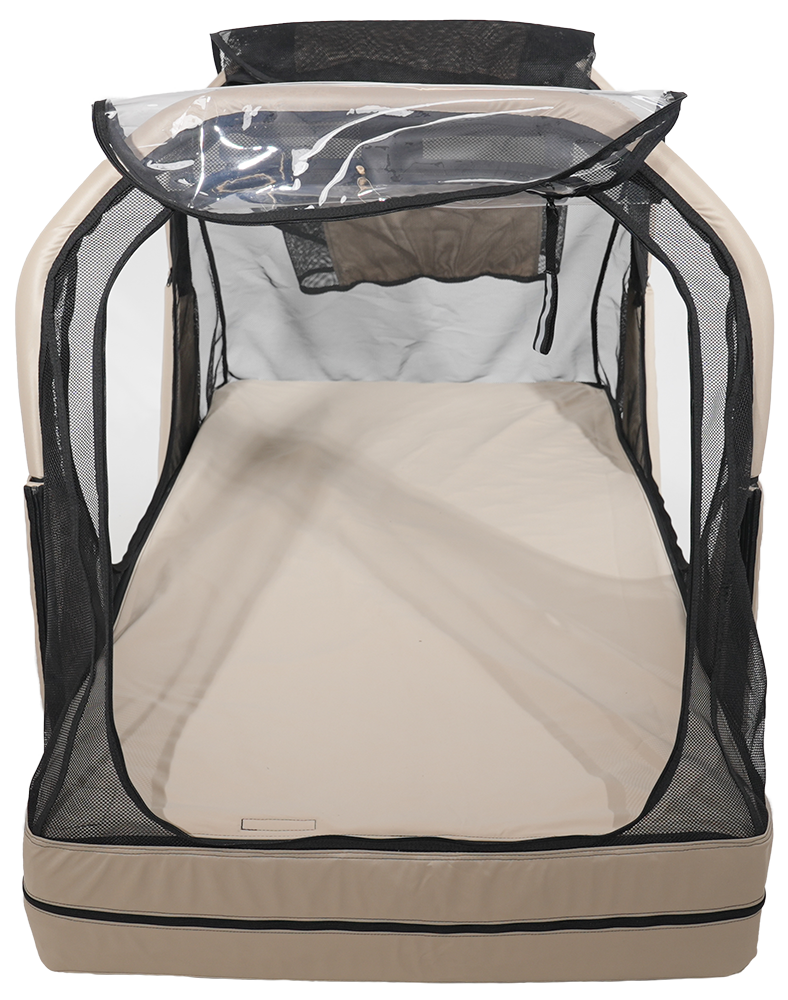



The Safety Sleeper® 400 Model - Lift-Compatible Child Medical Bed
Both side door entries, option for complete center opening, and access points for medical tubing. Compatible with lifts and canopies.
CUSTOMIZERefrences
prisms.org - Parents and Researchers Interested in Smith-Magenis Syndrome
Rarediseases.gov
https://rarediseases.org/rare-diseases/smith-magenis-syndrome/
Smith-Magenis syndrome. Genetics Home Reference (GHR). 2017;
https://ghr.nlm.nih.gov/condition/smith-magenis-syndrome.
Smith Magenis Syndrome. NORD. 2017;
https://rarediseases.org/rare-diseases/smith-magenis-syndrome/.
Smith ACM, Boyd KE, Elsea SH, et. al. Smith-Magenis Syndrome. GeneReviews. June 28, 2012;
https://www.ncbi.nlm.nih.gov/books/NBK1310/.
https://smith-magenis.org/what-is-sms/
SMS Research Foundation
HAVE QUESTIONS?
CONTACT US
TESTIMONIALS
MEET OUR FAMILIES
Families impacted by SMS experience better rest, more freedom, and peace of mind because of The Safety Sleeper®.
 View testimonials
View testimonials
